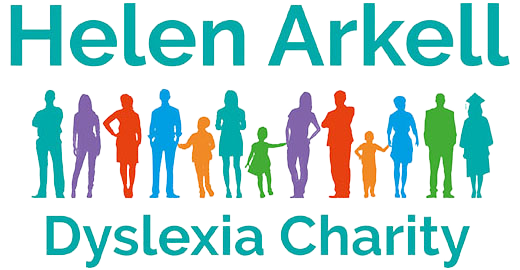Dyslexia and employment legislation

In the United Kingdom, if the effects of dyslexia are having a substantial and long term adverse effect on the individual’s ability to carry out normal day to day activities, then this falls within the definition of a disability as defined within the Equality Act 2010 .
If this is the case, this means that an employer/college/university is legally obliged to make appropriate reasonable adjustments in order to reduce the impact the disability has on the dyslexic adult’s ability to perform in the workplace or during associated studies.
This revised and updated guide by Melanie Jameson is for people with dyslexia, dyspraxia, attention deficit hyperactivity disorder (ADHD) or Asperger’s Syndrome who face a court or tribunal hearing.
It will also be helpful to those who support them. Sections include police custody, legal aid, bankruptcy proceedings, jury service and alternative approaches to resolving disputes.
Changes to legal aid, new procedures and fees for employment tribunals are amongst the many reasons why people with SpLDs need help in this minefield.
Policy and practice in employment
The responsibility for supporting people who have disabilities in the United Kingdom falls under the government’s departments responsible for employment. In the UK, this is the Department for Work and Pensions. The Government scheme known as Access to Work is designed to provide practical support for people with disabilities. This might include equipment, technology, and provision for skills development.




